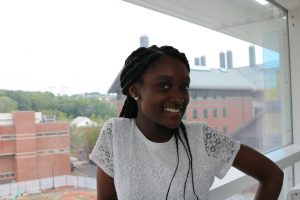Flourishing and Well-being in Interdisciplinary Perspective
Instructor: Sarah Willen
While this is not an Honors course, Prof. Willen welcomes Honors students of all majors and would be happy to offer Honors conversions for interested students.
In this seminar, we will draw on anthropology and related fields of scholarship and practice – e.g., philosophy, psychology, public health, sociology, critical theory, and human rights – to ask:
- What does it mean – and what does it take – for human beings to flourish, or thrive? How are flourishing and health related, and how might they diverge?
- What resources, capabilities, opportunities, and protections are needed to flourish …
… as individuals ?
… as communities and collectives?
- How and why are certain people, and certain groups, ensured access to the elements of a flourishing life, while others are impeded or outright denied? What is the lived impact – and what are the embodied effects – of such obstructions and denials?
- How can human rights violations impede the ability to flourish – and what role can human rights play in the promotion of human flourishing?
- How can human rights be mobilized to advance human flourishing?
- What would a policy agenda designed to promote human flourishing look like?
In addition to research literature, we will engage these questions through other media, including fiction, poetry, journaling, visual arts, and music.


